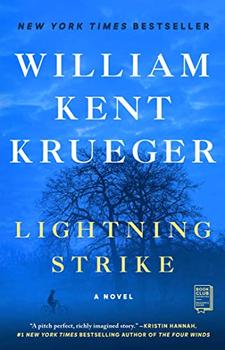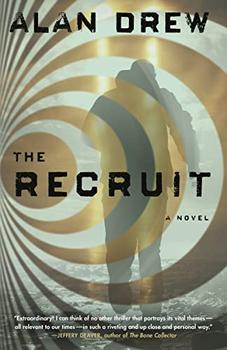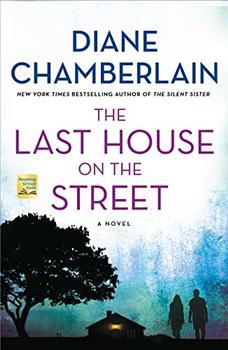Summary | Excerpt | Reading Guide | Reviews | Beyond the book | Read-Alikes | Genres & Themes | Author Bio

Cork O'Connor Mystery Series #18
by William Kent KruegerThe author of the instant New York Times bestseller This Tender Land returns with a powerful prequel to his acclaimed Cork O'Connor series - a book about fathers and sons, long-simmering conflicts in a small Minnesota town, and the events that echo through youth and shape our lives forever.
Aurora is a small town nestled in the ancient forest alongside the shores of Minnesota's Iron Lake. In the summer of 1963, it is the whole world to twelve-year-old Cork O'Connor, its rhythms as familiar as his own heartbeat. But when Cork stumbles upon the body of a man he revered hanging from a tree in an abandoned logging camp, it is the first in a series of events that will cause him to question everything he took for granted about his hometown, his family, and himself.
Cork's father, Liam O'Connor, is Aurora's sheriff and it is his job to confirm that the man's death was the result of suicide, as all the evidence suggests. In the shadow of his father's official investigation, Cork begins to look for answers on his own. Together, father and son face the ultimate test of choosing between what their heads tell them is true and what their hearts know is right.
In this masterful story of a young man and a town on the cusp of change, beloved novelist William Kent Krueger shows that some mysteries can be solved even as others surpass our understanding.
Krueger delivers a masterful strike down the middle with the riddle of Big John's death; Lightning Strike will keep experienced mystery readers guessing until the very end about who was responsible and how it was engineered. For those new to the series, it's a prequel that also works as a powerful standalone novel, richly told and sensitive to the issues of race and class between "The First People" and their white neighbors...continued
Full Review
 (605 words)
(605 words)
(Reviewed by Peggy Kurkowski).
 In Lightning Strike, William Kent Krueger includes an author's note about the Indian Relocation Act of 1956 (also known as Public Law 959 or the Adult Vocational Training Program), which features as a tragic backdrop to the overall story. According to Krueger, the program was "the brainchild of a group of men appointed by President Harry S. Truman to solve what lawmakers in Washington, D.C., called 'the Indian problem.'" It was a "problem" of the government's own creation — the financial burden of sustaining reservations only existed because Native Americans had been displaced from the land on which they had previously been living.
In Lightning Strike, William Kent Krueger includes an author's note about the Indian Relocation Act of 1956 (also known as Public Law 959 or the Adult Vocational Training Program), which features as a tragic backdrop to the overall story. According to Krueger, the program was "the brainchild of a group of men appointed by President Harry S. Truman to solve what lawmakers in Washington, D.C., called 'the Indian problem.'" It was a "problem" of the government's own creation — the financial burden of sustaining reservations only existed because Native Americans had been displaced from the land on which they had previously been living.
Native Americans struggled mightily (and still do) to keep their communities together on ...

If you liked Lightning Strike, try these:

by Alan Drew
Published 2023
An idyllic California town. A deadly secret. A race against killers hidden in plain sight...

by Diane Chamberlain
Published 2023
A community's past sins rise to the surface in New York Times bestselling author Diane Chamberlain's The Last House on the Street when two women, a generation apart, find themselves bound by tragedy and an unsolved, decades-old mystery.